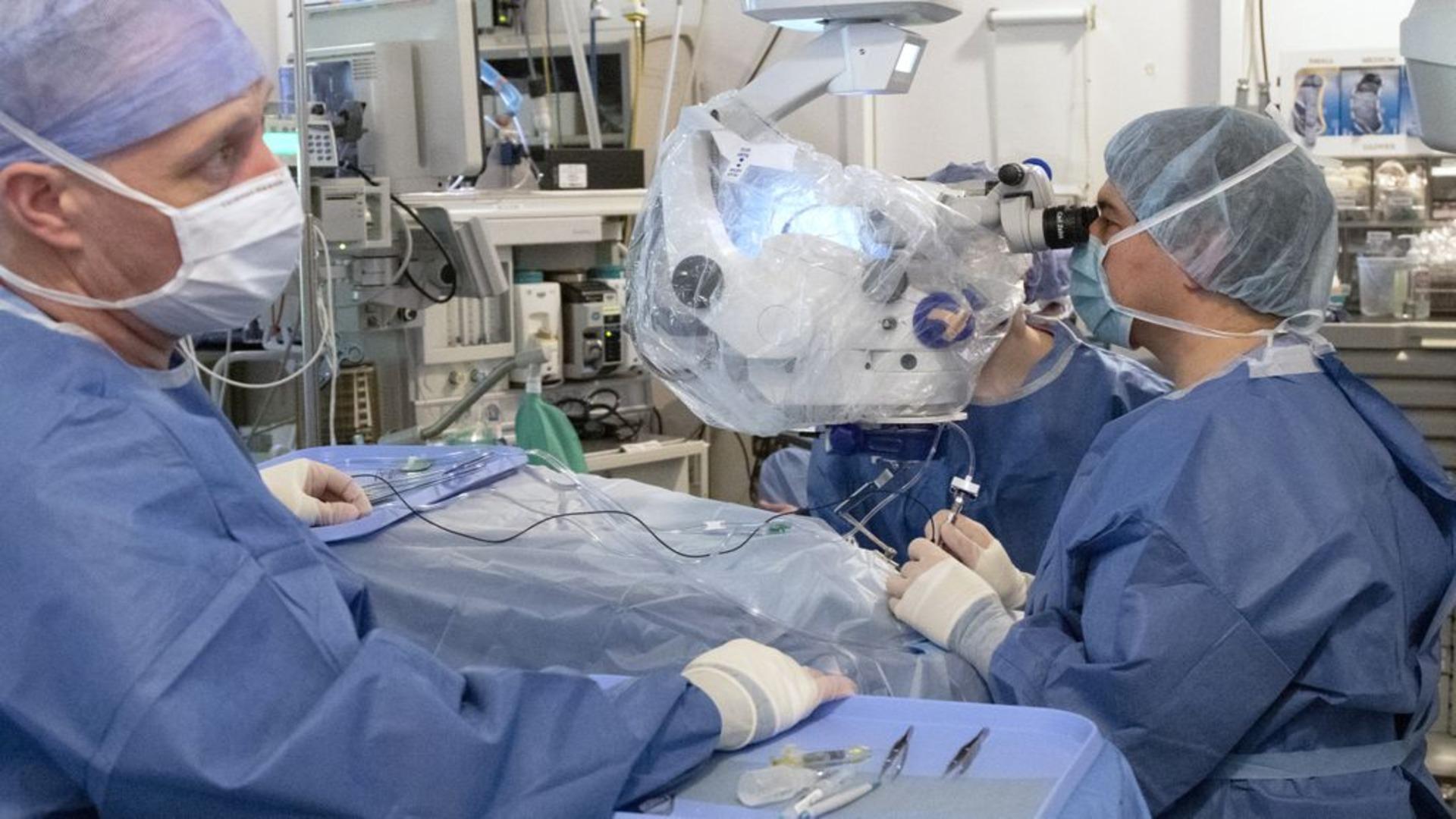A recent study has shown promising results in using CRISPR gene editing to improve vision for individuals with inherited blindness. Led by researchers from Harvard Medical School at Mass Eye and Ear, the study involved a multicenter clinical trial focusing on individuals with Leber congenital amaurosis (LCA), a common cause of childhood vision loss due to mutations in the CEP290 gene.
The trial, which aimed to assess the safety and effectiveness of the approach, yielded encouraging findings. Out of the 14 participants treated, 11 showed measurable improvements in at least one key vision test, with six individuals experiencing improvement in two or more vision outcomes. These results, published in the New England Journal of Medicine, highlight the potential of CRISPR-based therapies for inherited blindness.
The gene editing technique employed in the trial, known as CRISPR-Cas9, utilizes guide RNAs to target specific genetic mutations. In this case, the therapy, called EDIT-101, was designed to repair the faulty CEP290 gene associated with LCA. Notably, the trial included the first-ever patient to receive in-body gene editing, marking a significant advancement in the field.
The study’s principal investigator, Eric Pierce, emphasized the importance of these findings in advancing research and clinical trials for inherited vision loss. While further research is needed to optimize treatment strategies and identify suitable candidates, the early success of CRISPR gene therapy offers hope for patients with genetic blindness disorders.
The trial also underscored the safety of the CRISPR approach, with no serious adverse events reported. Moving forward, researchers aim to explore optimal dosing regimens and refine endpoints to assess treatment effectiveness in larger studies.
Overall, the study represents a significant step forward in harnessing gene editing technologies to address inherited retinal disorders and improve the quality of life for affected individuals.















































